India reopens embassy in Kabul, marking its first diplomatic engagement with the Taliban since their 2021 takeover.
Indian Foreign Minister Subrahmanyam Jaishankar on Friday revealed the decision following talks with his Afghan counterpart in New Delhi.
Recommended Stories
list of 3 itemsend of list
“Closer cooperation between us contributes to your national development, as well as regional stability and resilience,” Jaishanker noted, addressing Afghanistan’s Taliban Foreign Minister Amir Khan Muttaqi at a joint news briefing.
Jaishankar said India was “fully committed to the sovereignty, territorial integrity and independence of Afghanistan”. He thanked Muttaqi for his “invitation to Indian companies to explore mining opportunities in Afghanistan”.
The move reopens the embassy that was closed in 2021 following the withdrawal of US-led NATO forces. India had since maintained a limited mission to oversee trade, medical, and humanitarian efforts.
In his remarks, Muttaqi said Kabul “has always sought good relations with India”. He also referred to ongoing counterterrorism efforts and said the Taliban administration would not allow anyone to use Afghanistan’s territory for targeting other nations.
There was controversy, however, as female journalists were not allowed in for the news briefing, a move likely requested by the Taliban delegation, who have again cracked down on women’s and girls’ rights and their access to education and jobs in Afghanistan since they recaptured power, drawing international condemnation.
The International Criminal Court (ICC) issued arrest warrants in July for two top Taliban leaders in Afghanistan on charges of abuses against women and girls.
ICC judges said there were “reasonable grounds” to suspect Taliban Supreme Leader Hibatullah Akhundzada and Chief Justice Abdul Hakim Haqqani of committing gender-based persecution.
The Afghan foreign minister arrived in New Delhi on Thursday after the United Nations Security Council Committee granted him a temporary travel exemption.

Muttaqi is among multiple Afghan Taliban leaders under UN sanctions that include travel bans and asset freezes.
While some dozen countries, including China, Russia, Iran, Pakistan, and Turkiye, have embassies operating in Kabul, only Moscow has formally recognised the Taliban government.
During the Taliban’s initial rule between 1996 and 2001, the Indian government refused to engage with the Afghan group and did not recognise their rule, which at the time was only recognised by Pakistan, the United Arab Emirates and Saudi Arabia.
India, which had supported the earlier Soviet-backed government of Mohammad Najibullah, shut down its embassy in Kabul once the Taliban came to power: It claimed the Taliban was a proxy of Pakistan’s intelligence agencies, which had supported the mujahideen against Moscow.
Instead, New Delhi supported the anti-Taliban opposition group, the Northern Alliance.
Following the United States-led removal of the Taliban in 2001, India reopened its Kabul embassy and became a significant development partner for Afghanistan, investing more than $3bn in infrastructure, health, education and water projects, according to its Ministry of External Affairs.
Afghanistan’s regional neighbours, including India, voiced a rare unified front by opposing foreign attempts to deploy “military infrastructure” in the country, as US President Donald Trump presses to regain control of the Bagram airbase.
In a joint statement on Tuesday, members of the Moscow Format of Consultations on Afghanistan – which includes rivals India and Pakistan – “reaffirmed their unwavering support for the establishment of Afghanistan as an independent, united and peaceful state”. The forum also includes Russia, China, Iran and Central Asian nations, all of whom strongly oppose any US return presence in Afghanistan.

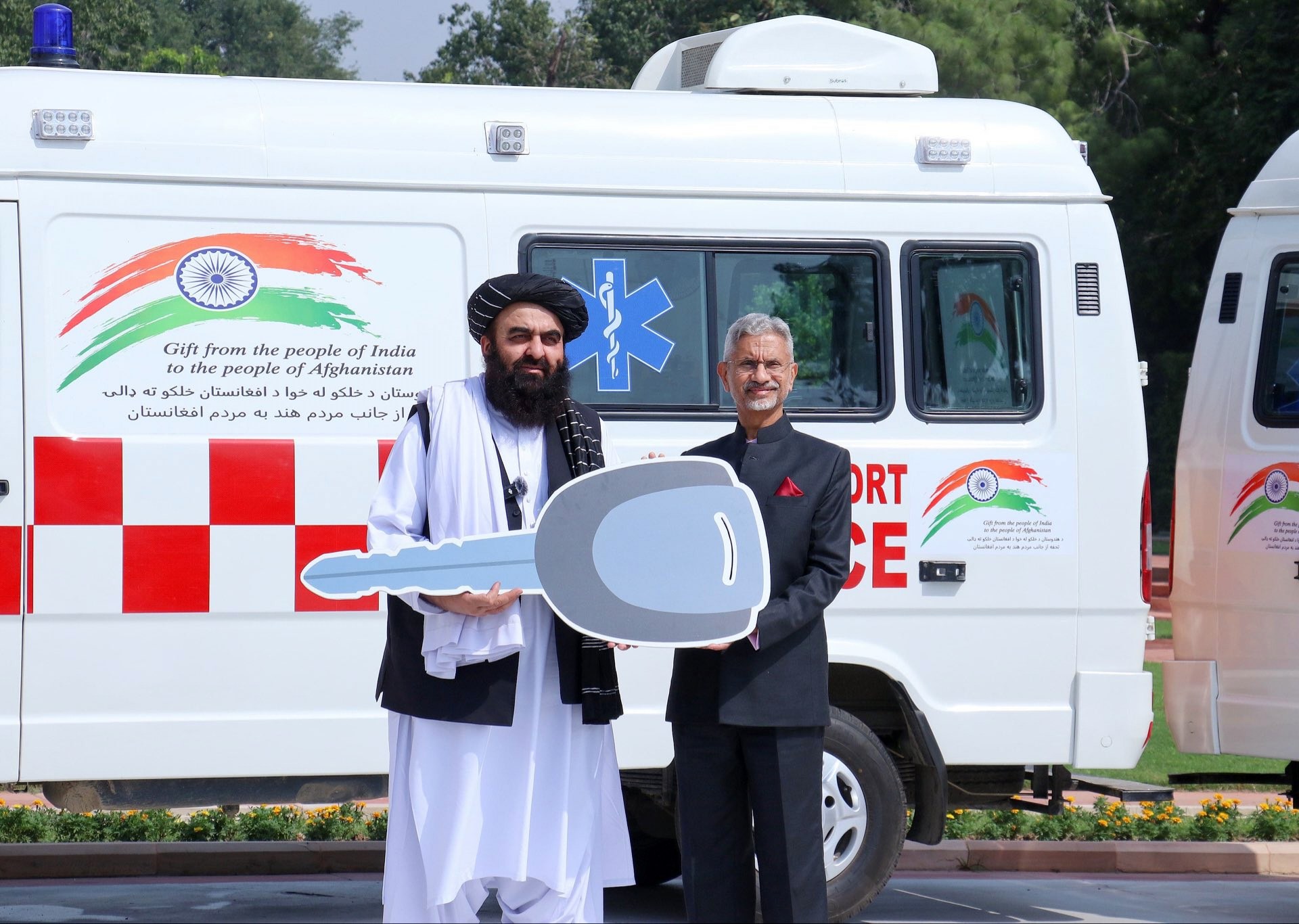
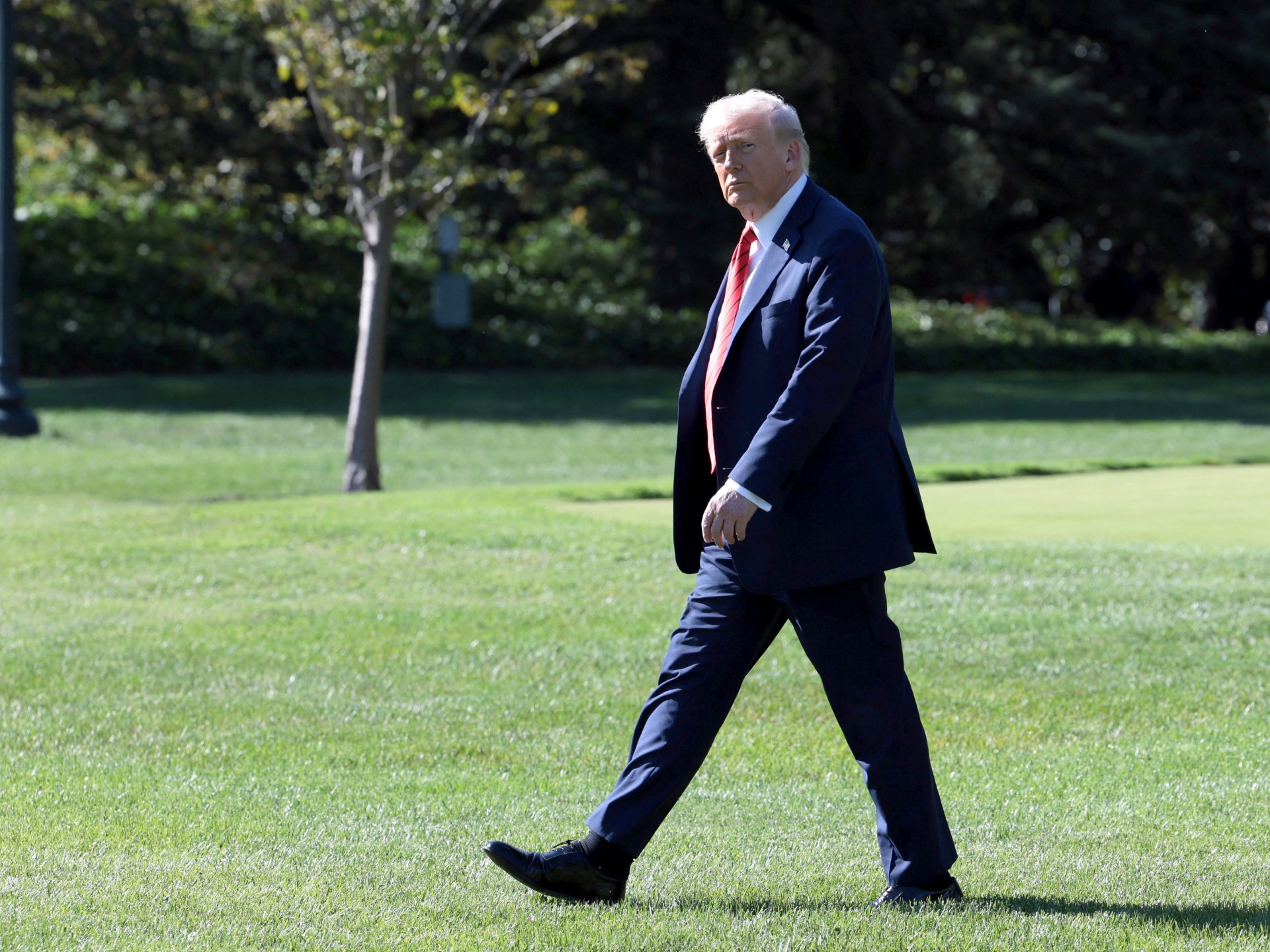
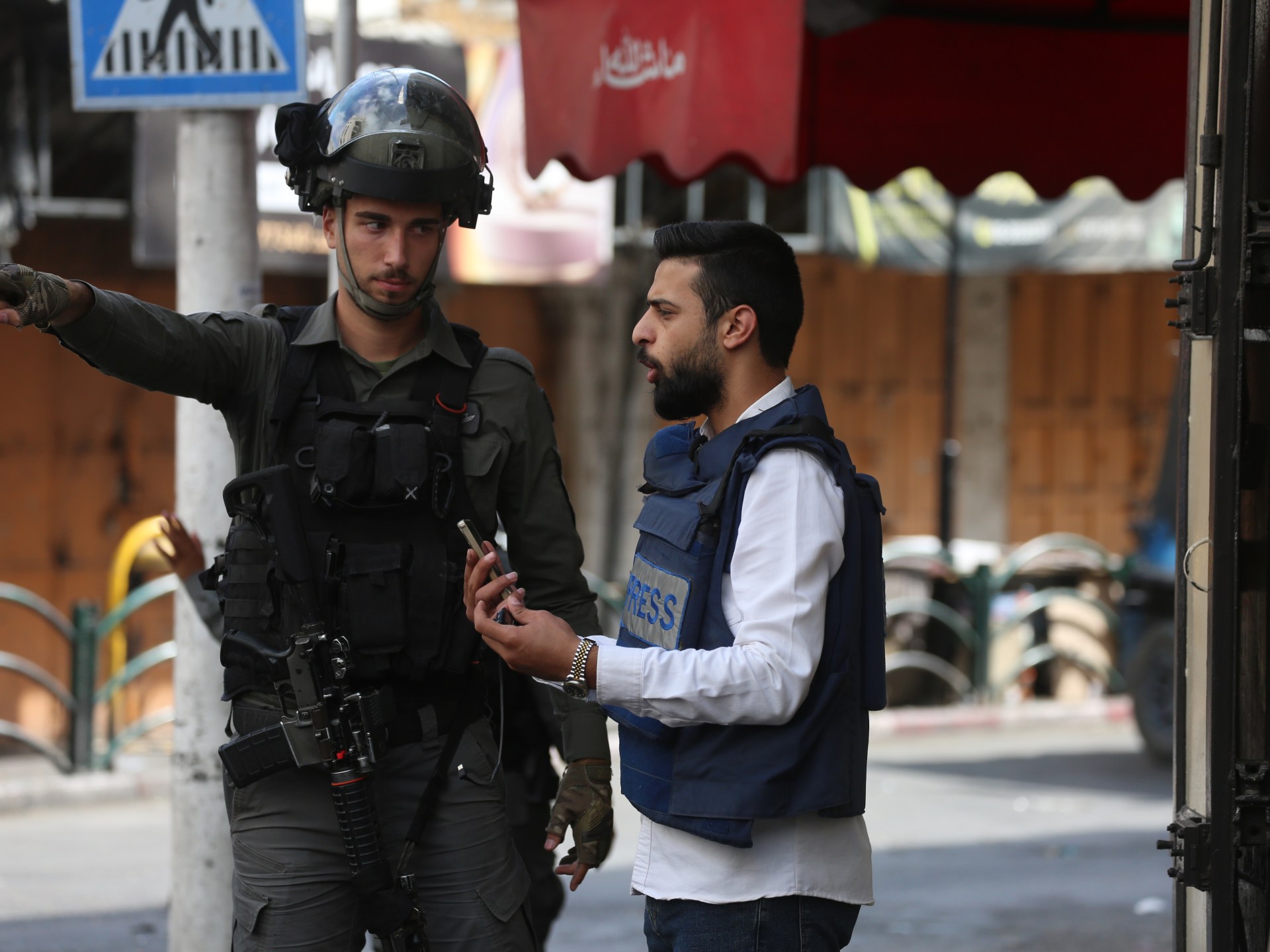
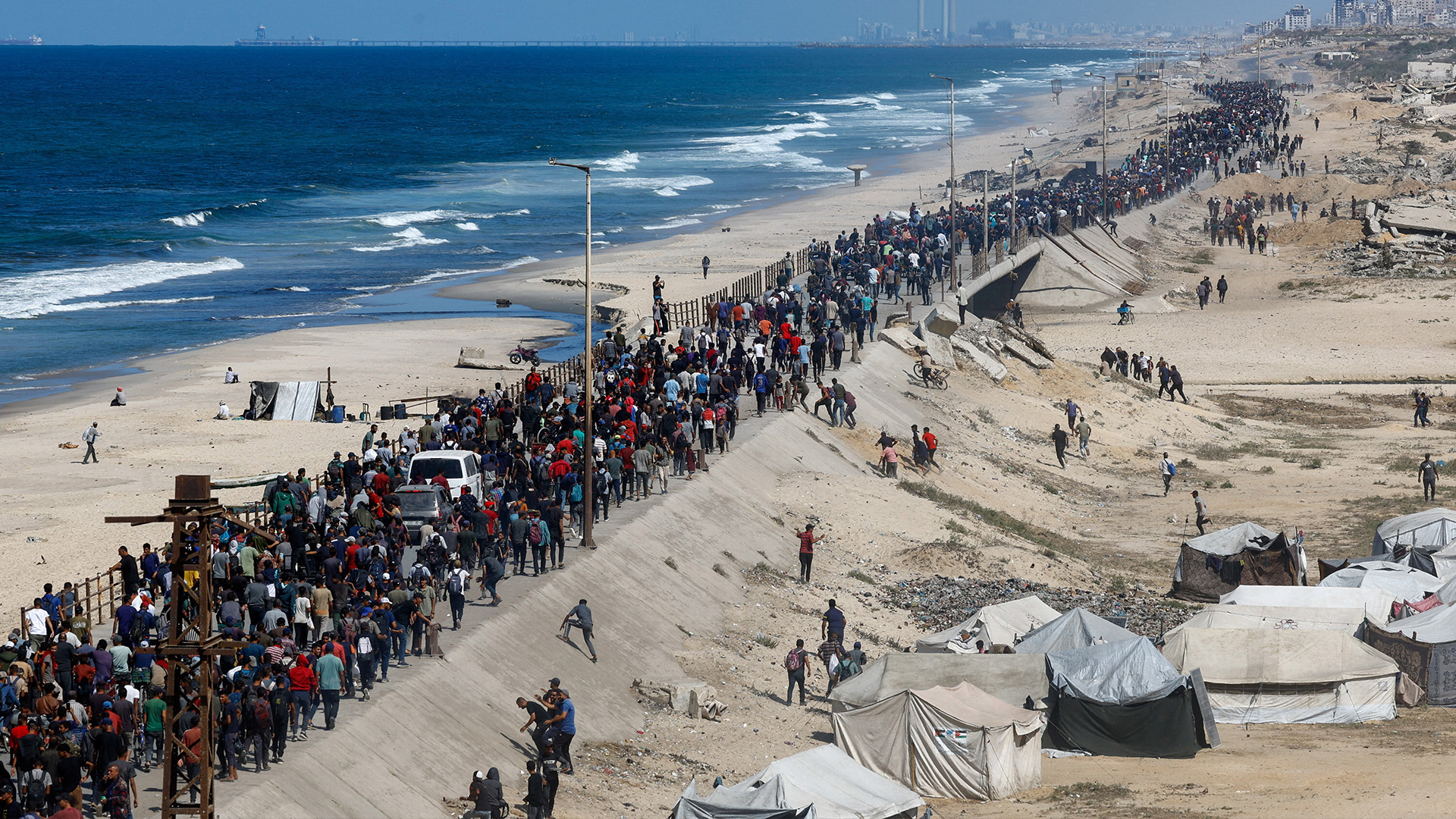
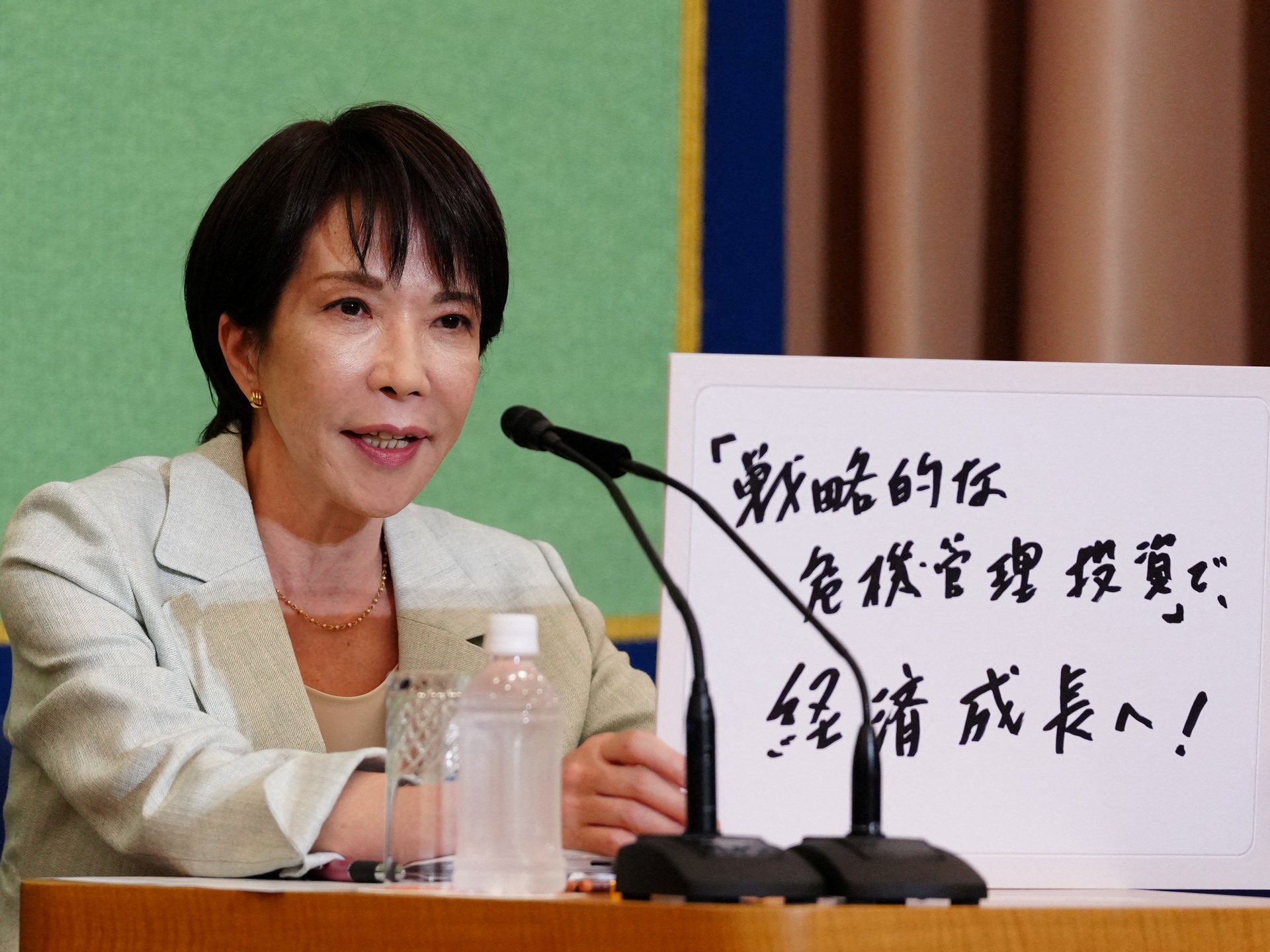
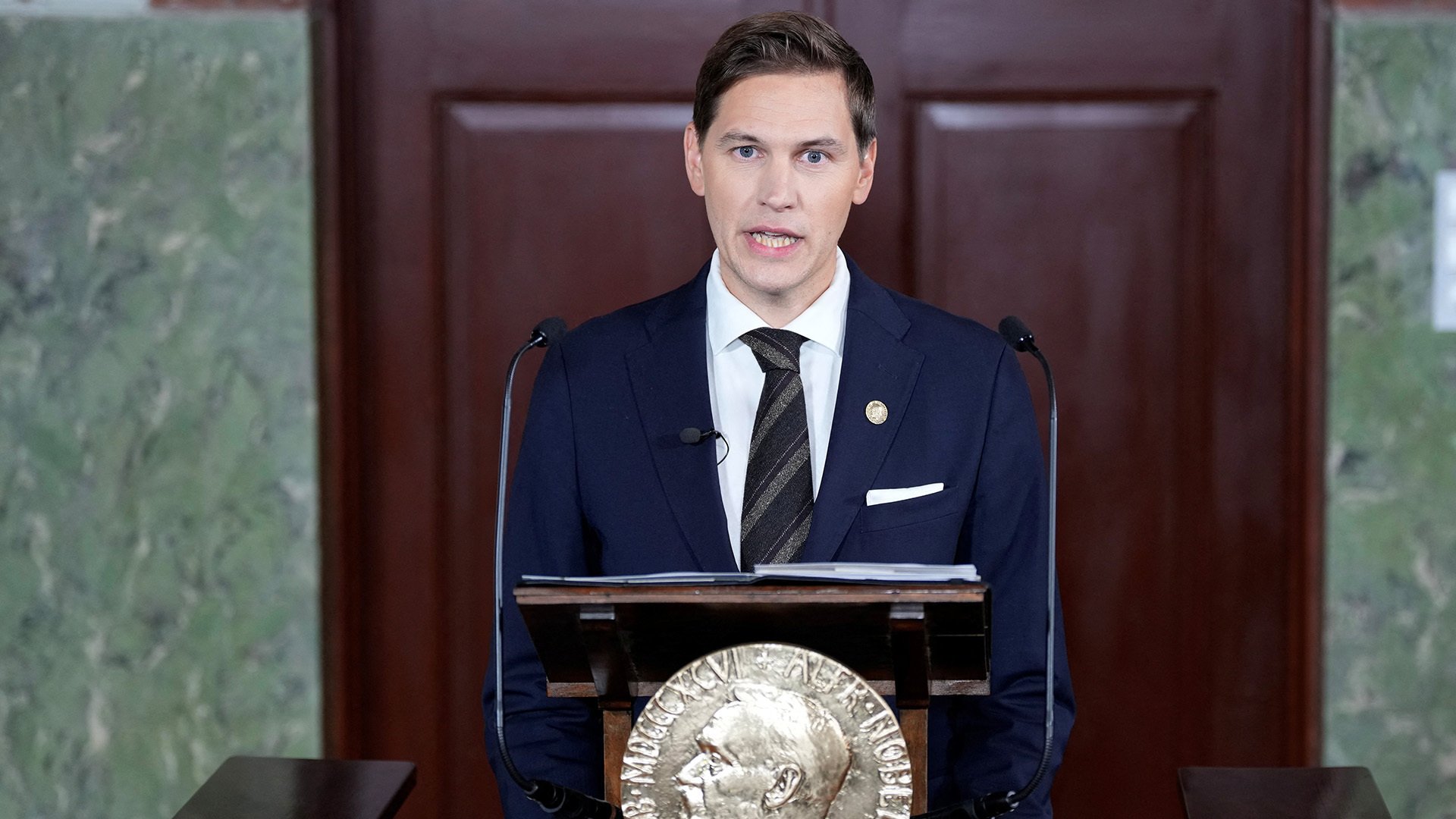
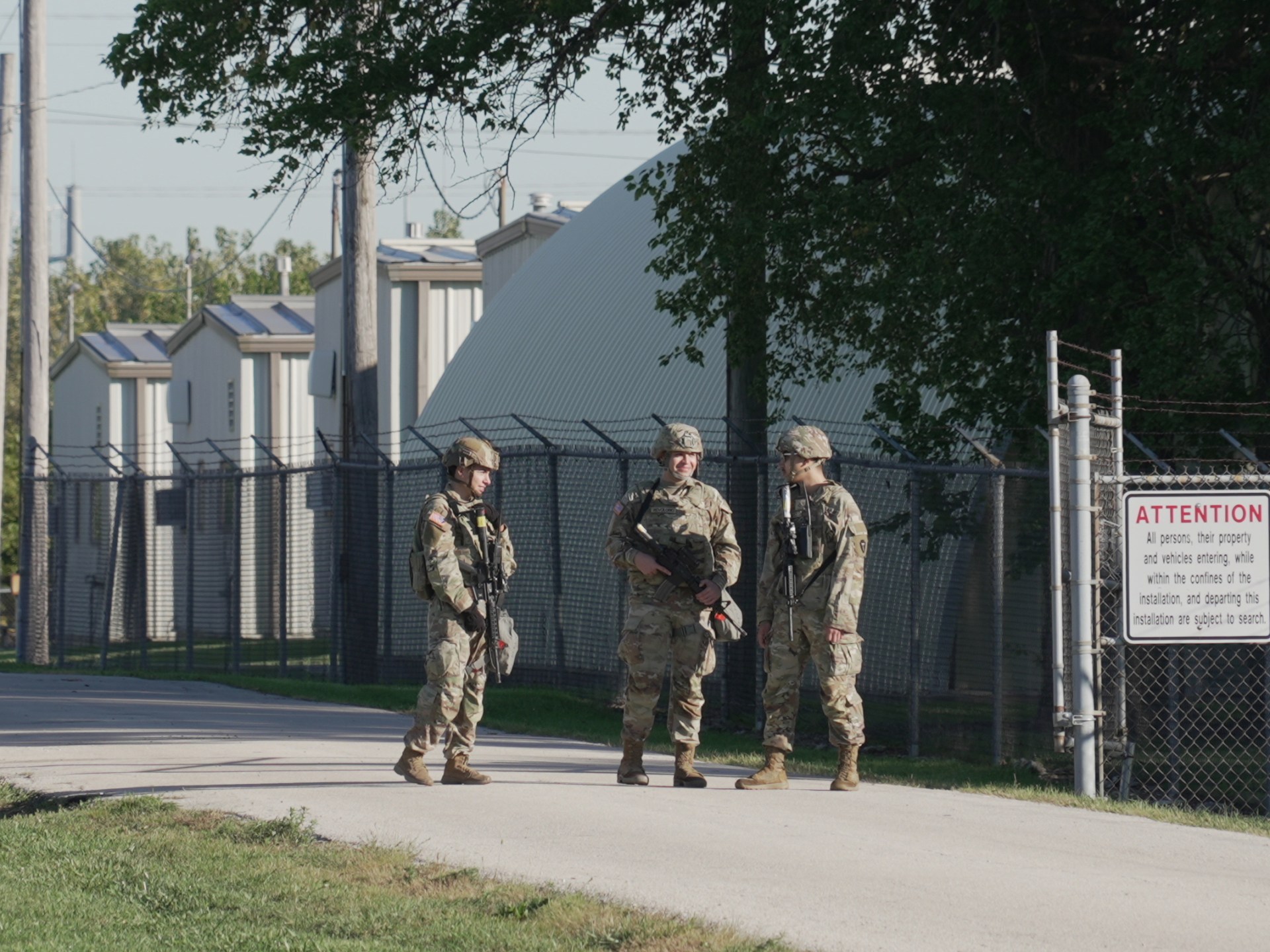
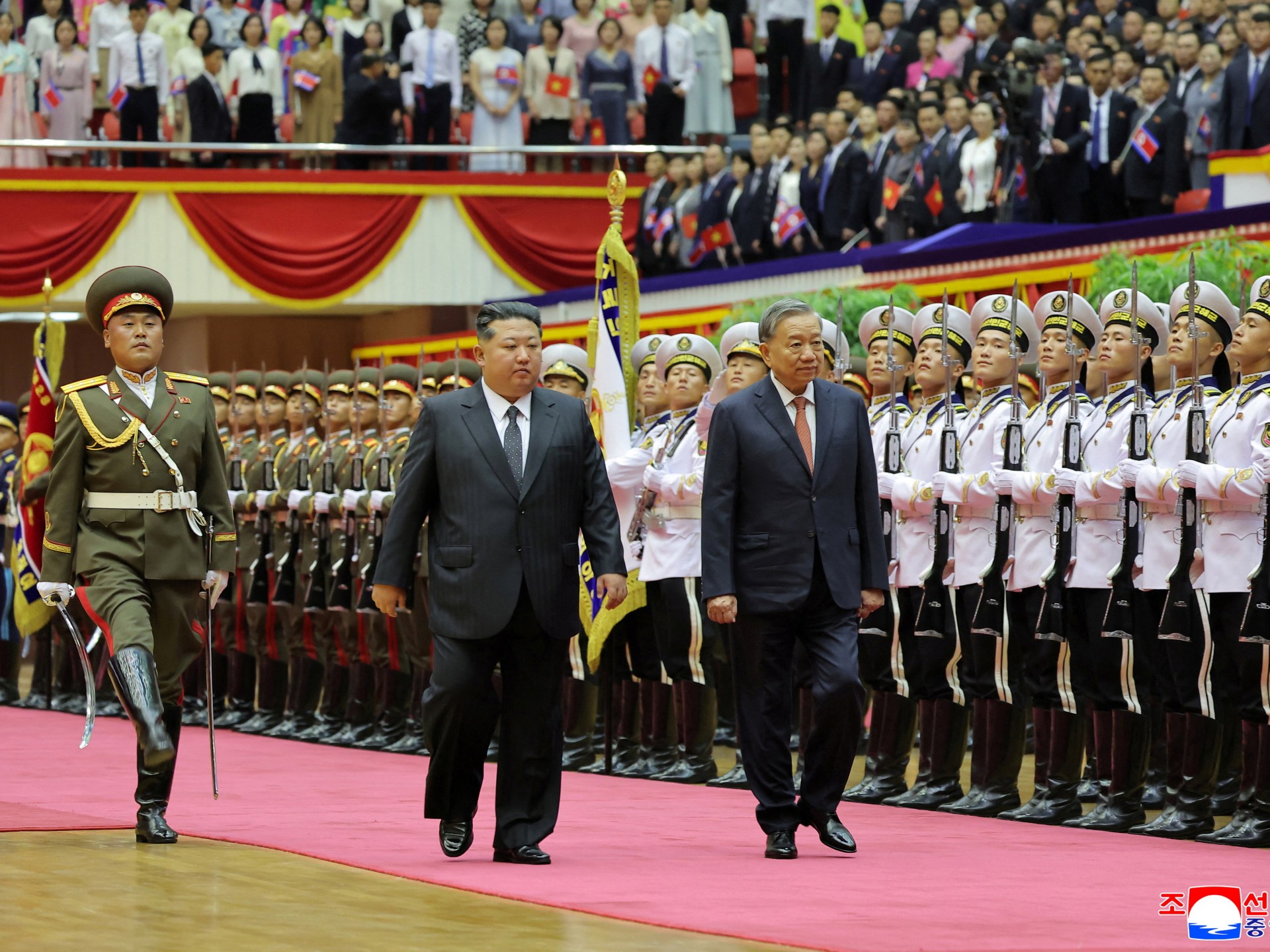
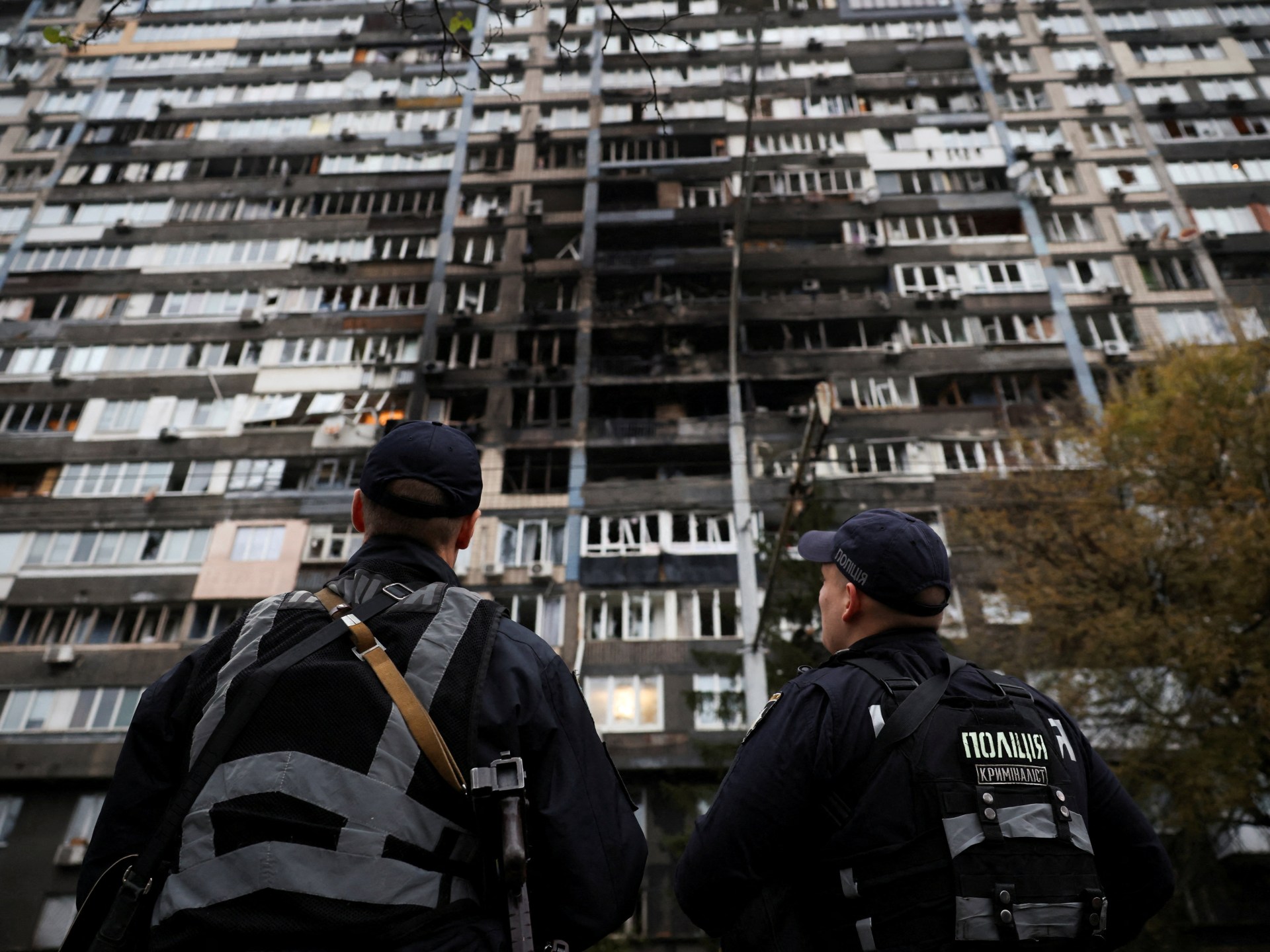
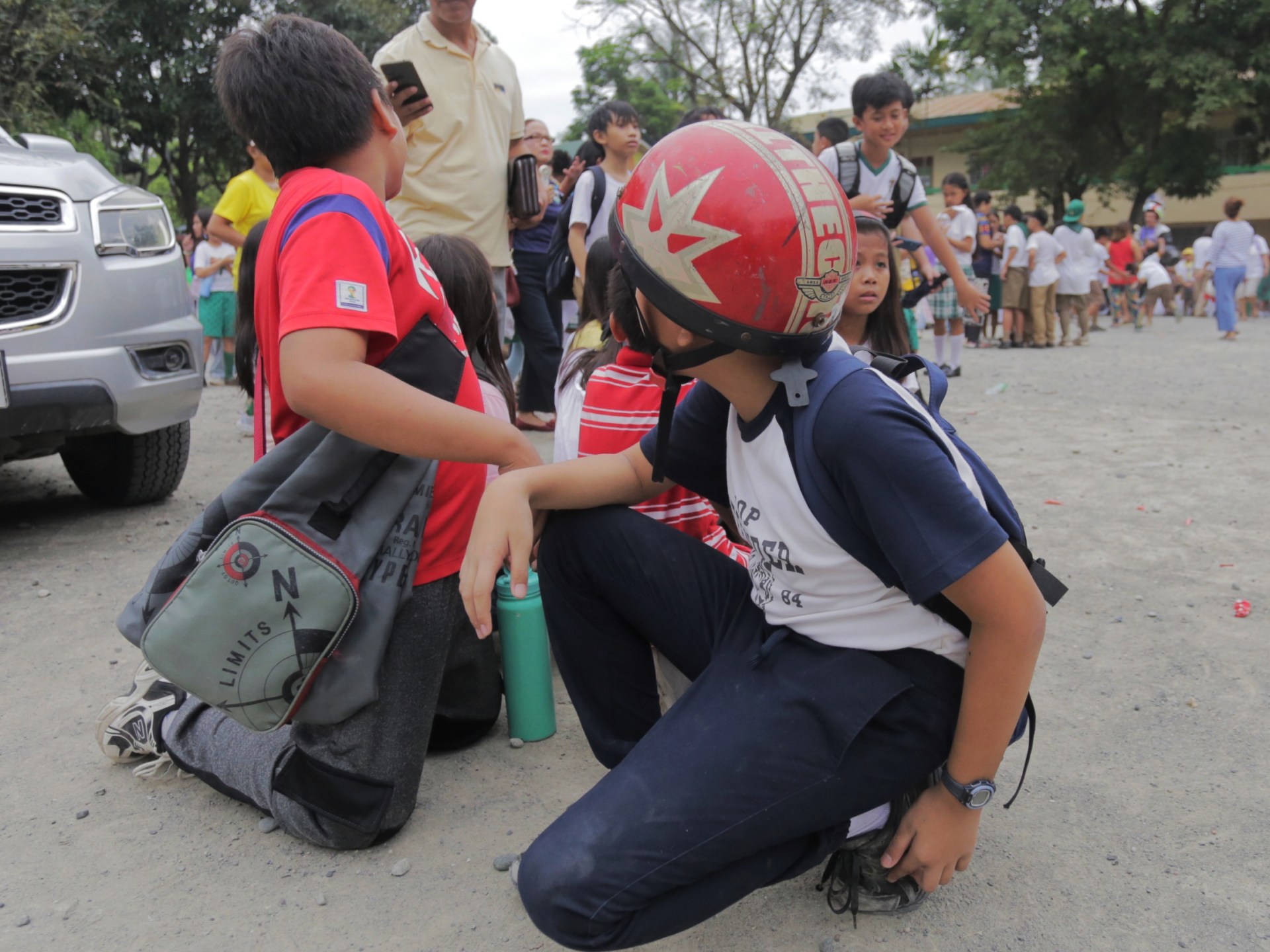
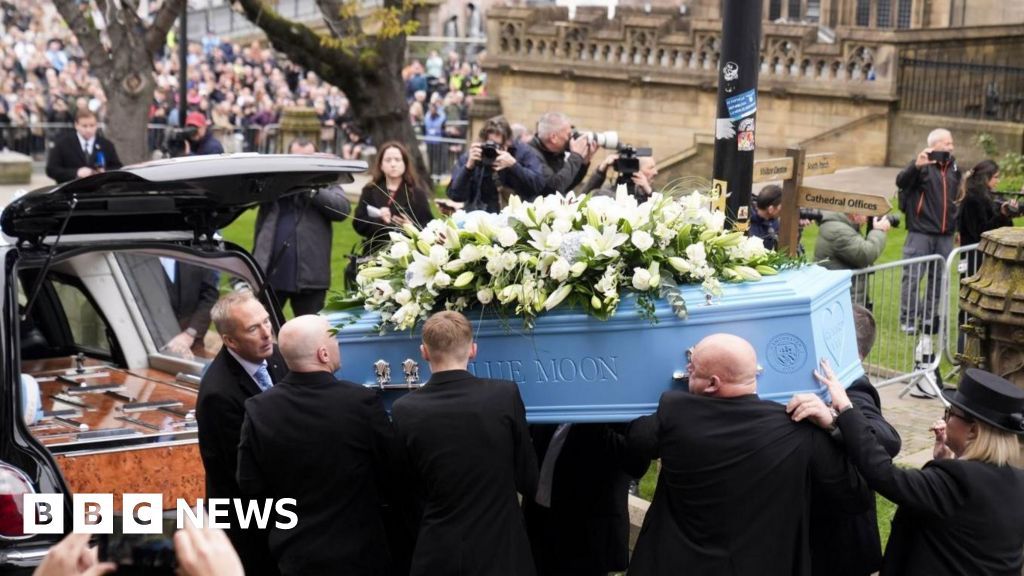


Leave a Reply